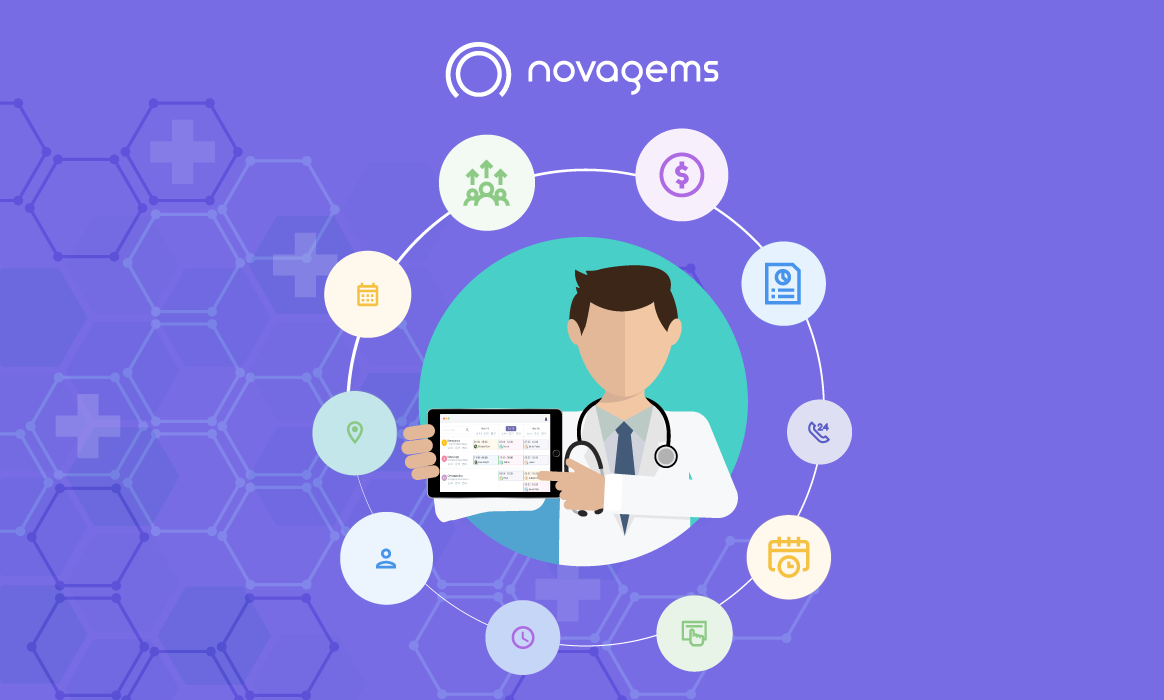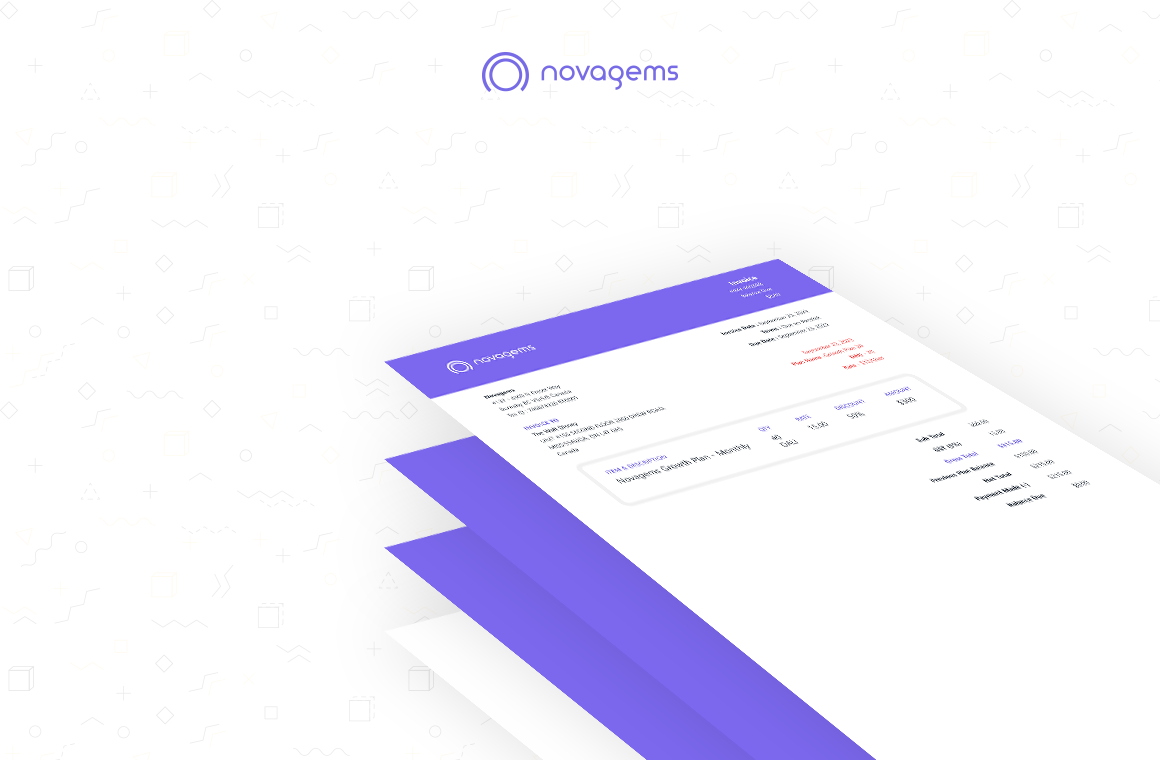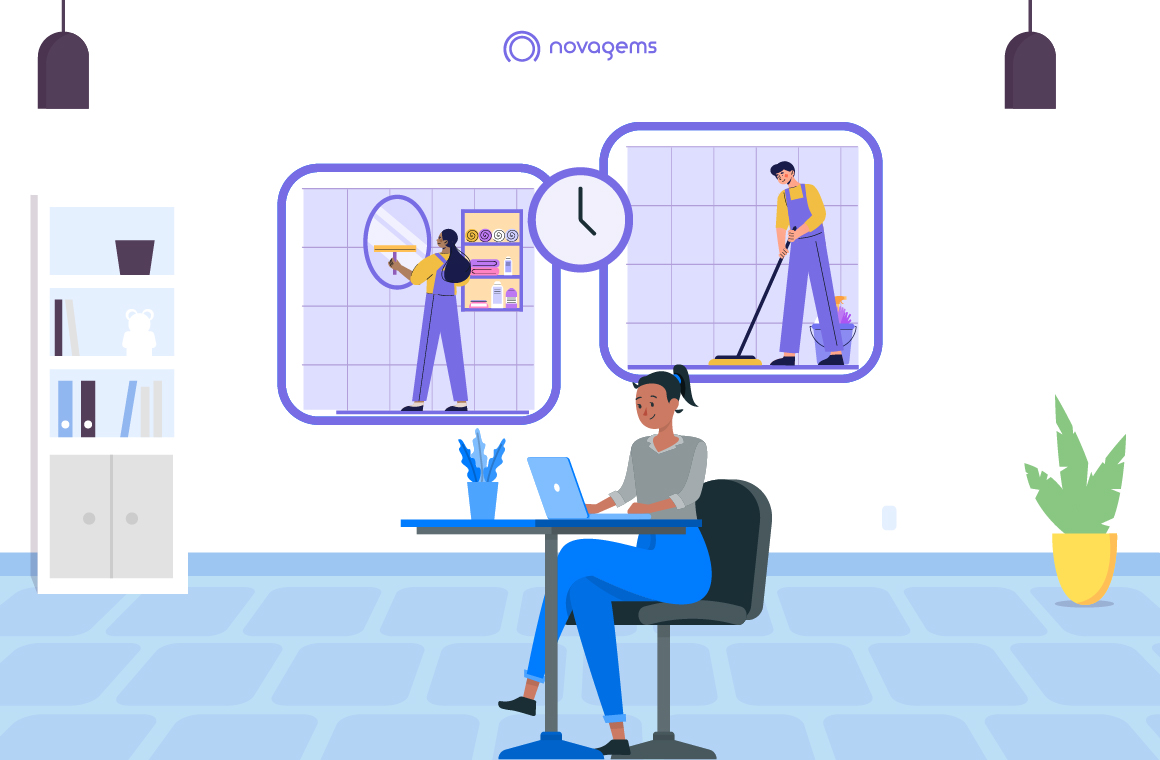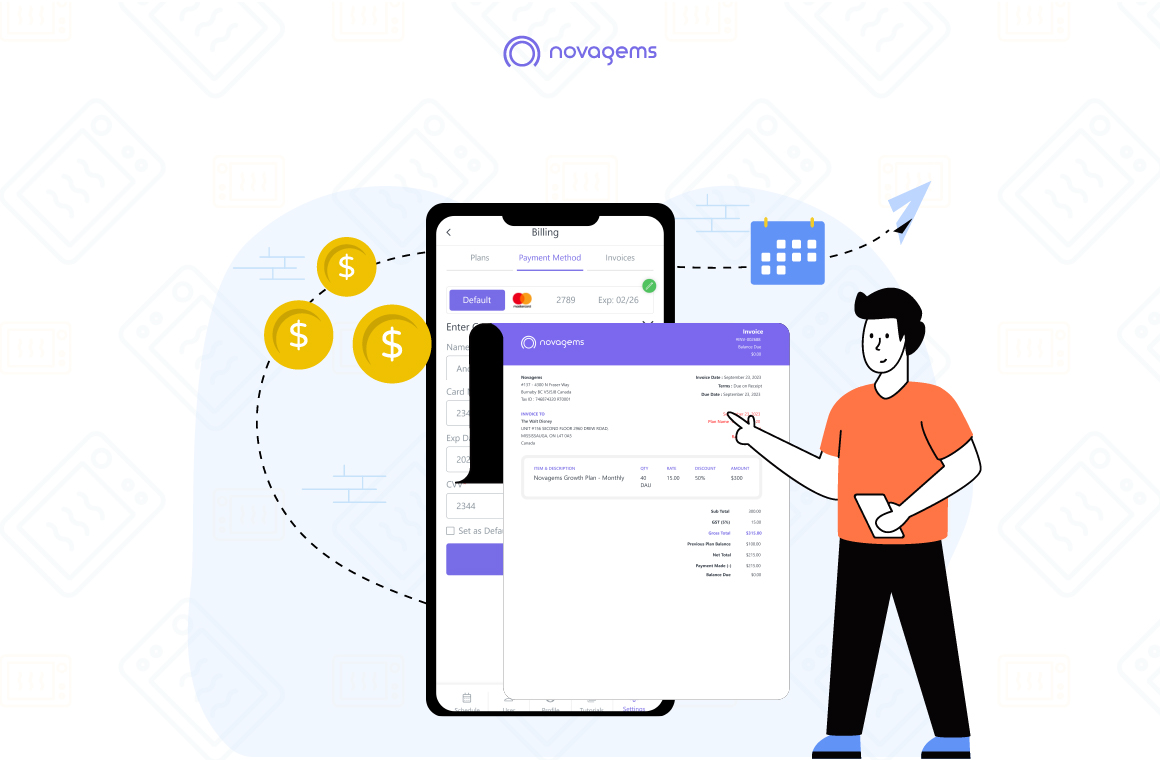Improving Efficiency And Workflow In Healthcare Organizations: Best Practices And Strategies
Thu, May 25, 2023
Read in 5 minutes
In the fast-paced world of healthcare, optimizing healthcare efficiency and workflow is crucial for delivering high-quality patient care, minimizing costs, and maximizing productivity. Healthcare organizations are constantly seeking ways to streamline processes, eliminate redundancies, and enhance overall efficiency.

Improving efficiency in healthcare has always been the top priority as healthcare organizations play a crucial role in our society. The importance of streamlined healthcare operations isn’t talked about enough and we need to understand that it’s high time we start focusing on patient care quality. Strategies for improving efficiency in the healthcare industry have evolved over the time.
With advancements in technology there are many sectors you can explore if you want to optimize your processes and stay ahead of the competition. If the organization is yet to expand they might think that there is still time to look for the best practices that will help them in elevating their operations but they fail to realize that if they start investing now, then only they will be able to see the results.
-
Embrace Technology and Automation:
One of the most effective ways to boost efficiency in healthcare organizations is through the adoption of technology and automation. Electronic Health Records (EHRs) and other digital tools can streamline data management, reduce paperwork, and enhance communication between healthcare providers. Automation of routine tasks such as appointment scheduling, medication refills, and billing processes can free up valuable time for healthcare professionals, allowing them to focus on patient care.
One of the biggest challenges healthcare administration is facing is increased workload and demands. With so many tasks happening simultaneously it is getting harder to focus on the most important task, patient care. One of the most challenging tasks healthcare operations face everyday is efficient scheduling. If they have any scheduling software at their disposal it will take a large amount of burden off their shoulders.
-
Standardize Workflows and Processes:
Standardizing workflows and processes across departments and facilities can significantly improve efficiency in healthcare organizations. Establishing clear protocols, guidelines, and best practices ensures consistency, reduces errors, and enhances collaboration among healthcare teams. Standardization can be achieved by mapping out workflows, identifying bottlenecks, and implementing streamlined processes that align with industry standards and evidence-based practices.
Once you have got the things under control you can easily focus on other things that matter the most. If you are still facing any issues then maybe you need to add an efficient workflow management software in your organization for workflow enhancement.
-
Optimize Staffing and Resource Allocation:
Efficient staff scheduling and resource allocation are vital for maintaining smooth workflow in healthcare organizations. By analyzing patient demand patterns and optimizing staffing levels, organizations can ensure the right number of healthcare professionals are available when needed. Utilizing predictive analytics and workforce management software can help in accurately forecasting patient volumes and allocating resources effectively, leading to improved patient flow and reduced wait times.
Having the right amount of staff at the right place at the right time is the need of the hour. You cannot have your employees feeling overwhelmed when they are understaffed. With the right staff with the right skill at the right place at the right time you can solve many problems in record time.
-
Enhance Communication and Collaboration:
Effective communication and collaboration are crucial for efficient workflow in healthcare. Implementing secure messaging platforms, telehealth solutions, and collaborative tools can facilitate seamless communication among healthcare providers, allowing for timely information sharing and coordinated care. Moreover, promoting a culture of collaboration, teamwork, and interdisciplinary approach within the organization fosters efficiency and improves patient outcomes.
When everyone is on the same page, there will be clarity amongst the staff. You will not have your staff running around in circles looking for solutions. They can reach out to the concerned person and workout a solution amongst themselves.
-
Continuously Monitor and Improve Performance:
Regular performance monitoring and improvement initiatives are essential for sustaining and enhancing efficiency in healthcare organizations. By implementing key performance indicators (KPIs) and leveraging data analytics, organizations can identify areas for improvement, track progress, and measure success. Conducting regular checks, analyzing metrics, and involving staff in quality improvement initiatives can drive ongoing efficiency gains.
Automation in healthcare has undoubtedly become famous in recent years. With many enticing features that will not only keep a track of your workforce but it will help them improve their performance as well. That is what is in high demand right now.
-
Emphasize Training and Education:
Investing in staff training and education is a critical strategy for improving efficiency and workflow. Providing opportunities for professional development, continuous learning, and staying updated on the latest advancements in healthcare practices can equip healthcare professionals with the necessary skills and knowledge to perform their roles efficiently. Training programs can focus on enhancing clinical skills, promoting technology literacy, and fostering a culture of innovation and improvement.
There is no use in having best practices for healthcare organizations if your employees do not know how to take full advantage of it. Always educate and train your employees with the integrations that are being added to the operations. If you have a new joinee in your team, you need to give them proper training and for that you need to have a trained professional. With the help of healthcare workflow enhancement tools you can easily make that happen without having to go through a long process.
Wrapping Up
Efficiency and workflow optimization in healthcare organizations are essential for delivering high-quality, patient-centered care. By embracing technology, standardizing workflows, optimizing staffing, enhancing communication, monitoring performance, and prioritizing staff training, healthcare organizations can achieve significant improvements in efficiency and overall operational effectiveness. By continually seeking ways to enhance efficiency, healthcare organizations can improve patient outcomes, enhance patient satisfaction, and thrive in an ever-evolving healthcare landscape.
Get a Free Trial
Sign up For Newsletter
Latest Blog Posts
Get Started
Start being productive & grow your business
with Novagems




